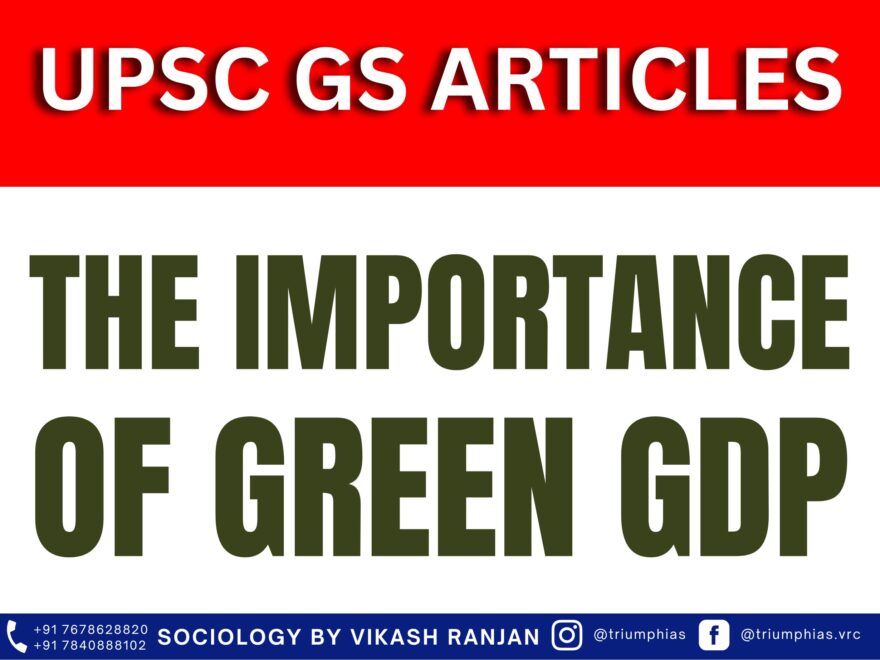Embracing Sustainable Growth: The Importance of Green GDP
Shifting towards an Eco-conscious Growth: The Role of Green GDP
With the growing alarm surrounding environmental issues, there’s an urgent call for the introduction of green national accounts. These go further than traditional national accounts, revealing the extent of environmental resources, their use, and depletion within society.
An effective Green GDP model should include the assessment of products based on their environmental impact, covering both positive and negative aspects, while also taking into account their societal value. This calls for the establishment of an inclusive product classification system and the application of a rigorous data gathering and analysis technique using the Supply and Use tables from the Ministry of Statistics and Programme Implementation.
To truly integrate green accounts into the conventional GDP model, a wider understanding of production, consumption, and wealth is crucial. Both environmentally beneficial and damaging products should be included in the national accounts, ensuring that their societal value is smoothly incorporated with associated economic activities.
The notions of Green GDP and Green National Account are influential tools designed to measure a country’s economic performance while firmly addressing the environmental implications, both positive and negative.
Green GDP extends beyond the traditional GDP by considering the actual cost of natural resource exhaustion and environmental degradation. Often called the environmentally adjusted domestic product, Green GDP reveals the sustainability of a country’s economic growth and its deep-seated effect on the overall welfare of its population.
Conversely, the Green National Account offers a comprehensive model that integrates environmental concerns into national accounting systems. It aims to precisely measure and account for the environmental costs and benefits related to various economic activities. By employing novel green accounting techniques, it strives to capture the intrinsic value of natural resources, quantify the harmful effects of pollution and environmental degradation, and acknowledge the priceless benefits of ecosystem services.
These concepts guide us towards a significant paradigm shift, underscoring the need to adopt environmentally considerate approaches to economic development, where real costs and benefits are fully evaluated and accounted for. By incorporating these solid frameworks into our measures of economic performance, we can aim for sustainable growth that protects both our economy and our planet.
Understanding the Value of Green GDP :
- Green GDP includes the valuation of natural resources and ecosystem services, which are often left out in traditional GDP computations. By determining the economic value of these environmental factors, it presents a more precise measure of the real costs and benefits of economic activities.
- Green GDP aligns with the idea of Sustainable Development Goals by explicitly considering environmental factors in economic evaluations. It allows policy makers to better comprehend the trade-offs between economic growth and environmental sustainability, assisting in the creation of more knowledgeable policies and strategies.
- By offering a comprehensive view of economic performance, including the environmental aspect, green GDP aids policymakers in prioritizing and allocating resources effectively. It enables the identification of sectors and activities that have significant environmental impacts, directing targeted interventions and regulations for achieving sustainable development goals.
Obstacles in Implementing Green GDP
- Calculating green GDP is difficult due to unreliable data on environmental costs, benefits, and natural resource value. Estimation involves assumptions and subjective judgments, affecting reliability and comparability.
- Assigning monetary values to environmental goods and services is a controversial issue. Critics contend that certain elements of the environment, like biodiversity or cultural heritage, have inherent value that can’t be properly captured by economic valuation methods. The process of assigning economic values to the environment can be seen as oversimplifying and commodifying nature.
- Green GDP is a challenging indicator to compute as it includes social, economic, and environmental factors. There’s no universally accepted method for combining these aspects, and choosing the right indicators is a daunting task.
- While Green GDP is useful, converting it into policies can be complex. Successful policy implementation requires cooperation, political support, and the overcoming of various hurdles. Also, balancing economic growth with environmental protection is a nuanced task and can vary from situation to situation, making it challenging to create universal policies based solely on Green GDP.
Pathways for Implementing Green GDP
- Heightening the awareness and understanding of Green GDP among policy makers, businesses, and the public, and accentuating its advantages over traditional GDP as a measure of economic performance and societal well-being.
- Encouraging the participation and collaboration of various stakeholders such as governments, international organizations, civil society, academia, and the private sector in the designing and implementation of Green GDP policies and initiatives.
- Addressing the trade-offs and conflicts that may arise from pursuing Green GDP goals, such as balancing economic growth and environmental protection, and ensuring fairness and justice among different groups and regions.
In conclusion, the adoption and implementation of Green GDP and Green National Account systems represent a positive step towards achieving sustainable development goals and an environmentally responsible economic future.
Follow us :


https://t.me/VikashRanjanSociology
Green GDP, Green National Account, Sustainable Development, Environmental Sustainability, Economic Growth
#Sociologyforupsc #sociologyforupscinhindi #sociologyforupscgs1 #sociologyforupscprelims #sociologyforupscinenglish #sociologyforupscmainsinhindi #sociologyforupscoptionalinhindi #sociologyforupscmains #sociologyforupscplaylist #sociologyforupsclecture1 #sociologyforupsccse #sociologyforupscoptional


One comment